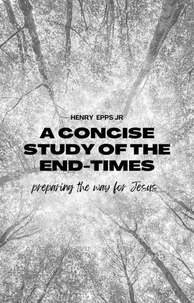In this brief statement of the death and burial of Jesus, Paul makes no distinction between those who put him to death and those who "took him down from the tree, and laid him in the sepulcher." But this omission is entirely justifiable; for, although his friends, Joseph and Nicodemus, performed the last two acts, they did it by the express permission of Pilate, and it may be regarded as, in a proper sense, the act of his enemies.30-33.
The speaker proceeds to the climax of his argument; a proof of the Messiah-ship still more conclusive, if possible than the testimony of John, or the fulfillment of prophesy. "But God raised him from the dead; and he was seen many days by those who came up with him from Galilee to Jerusalem, who are his witnesses to the people. And we declare to you glad tidings concerning the promise made to the fathers, that God has fulfilled it to us, their children, by raising up Jesus; as it is written in the second Psalm, Thou art my son; to-day have I begotten thee." The fact of the resurrection of Jesus, so well attested by competent witnesses, is introduced, not only as the final proof of his Messiah-ship, but as happy tidings to these Jews, being no less than the fulfillment of the promise to the fathers, and the realization of their most cherished hopes.
In this brief statement of the death and burial of Jesus, Paul makes no distinction between those who put him to death and those who "took him down from the tree, and laid him in the sepulcher." But this omission is entirely justifiable; for, although his friends, Joseph and Nicodemus, performed the last two acts, they did it by the express permission of Pilate, and it may be regarded as, in a proper sense, the act of his enemies.30-33.
The speaker proceeds to the climax of his argument; a proof of the Messiah-ship still more conclusive, if possible than the testimony of John, or the fulfillment of prophesy. "But God raised him from the dead; and he was seen many days by those who came up with him from Galilee to Jerusalem, who are his witnesses to the people. And we declare to you glad tidings concerning the promise made to the fathers, that God has fulfilled it to us, their children, by raising up Jesus; as it is written in the second Psalm, Thou art my son; to-day have I begotten thee." The fact of the resurrection of Jesus, so well attested by competent witnesses, is introduced, not only as the final proof of his Messiah-ship, but as happy tidings to these Jews, being no less than the fulfillment of the promise to the fathers, and the realization of their most cherished hopes.

 , qui est-ce ?
, qui est-ce ?